Publications
Articles, publications, books, tools and multimedia features from the U.S. Institute of Peace provide the latest news, analysis, research findings, practitioner guides and reports, all related to the conflict zones and issues that are at the center of the Institute’s work to prevent and reduce violent conflict.
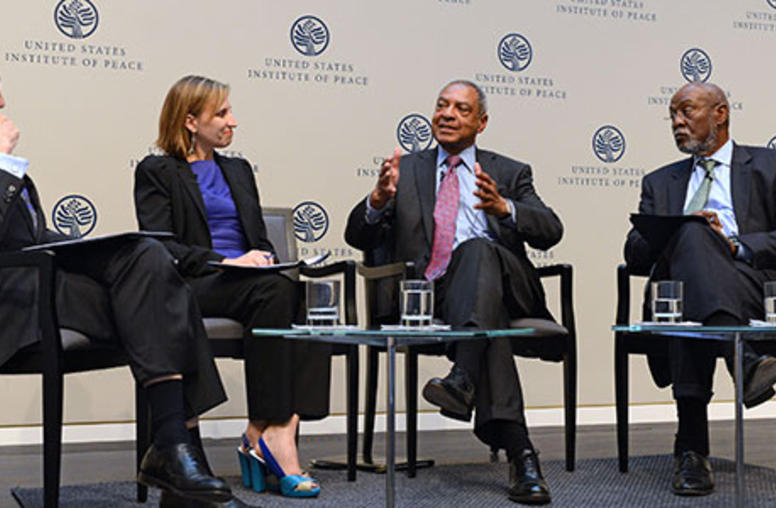
U.S. Africa Summit Leaders Face Weighty Agenda for Continent
President Barack Obama and African leaders attending the first U.S.-Africa Summit in Washington next month face an array of factors undermining the democratic development and economic growth achieved on the continent in recent decades, according to three former high-level U.S. officials on Africa who spoke at the U.S. Institute of Peace.
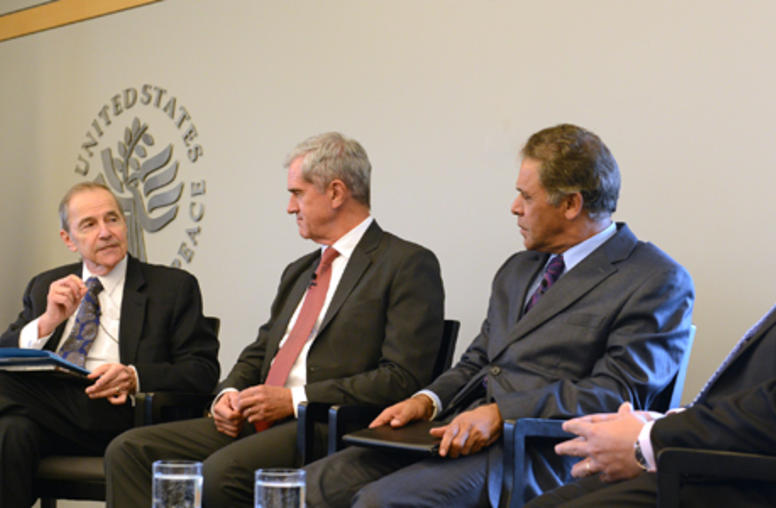
Considering the Lessons of Mandela’s Legacy and South Africa’s Reconciliation
Though the politics and causes of conflicts differ significantly, the experience of South Africa’s peaceful, negotiated turn from racial apartheid to democratic majority rule suggests that a few principles exemplified by the late Nelson Mandela’s leadership are broadly applicable to other conflicts with hardened divisions, according to former participants in the South African transformation who gathered this week at the U.S. Institute of Peace (USIP).
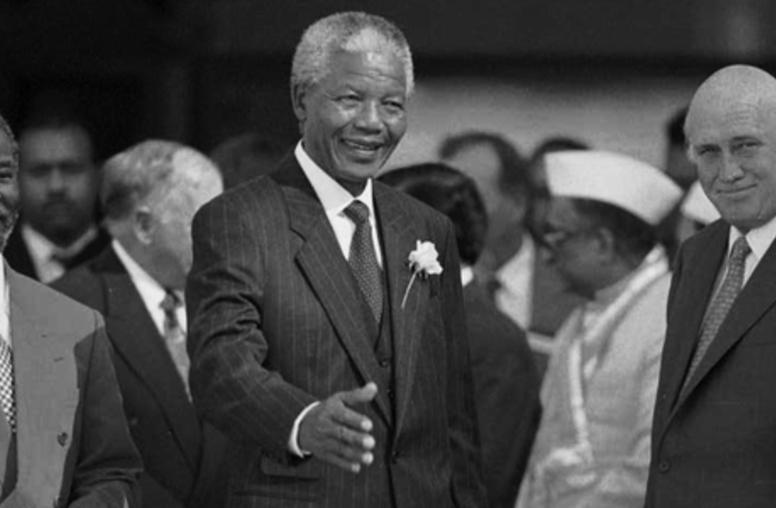
Mandela’s Legacy: Timing, Spoilers, and Responsibility for Peace
As we mourn the death of Nelson Mandela, we can benefit greatly from the lessons he has given us on peace making. As ambassador to South Africa from 1992 to 1995, I came to know him and work with him during those fateful days of negotiations that eventually led to his election as president in 1994. Three lessons from Mandela, in particular, stand out to me.
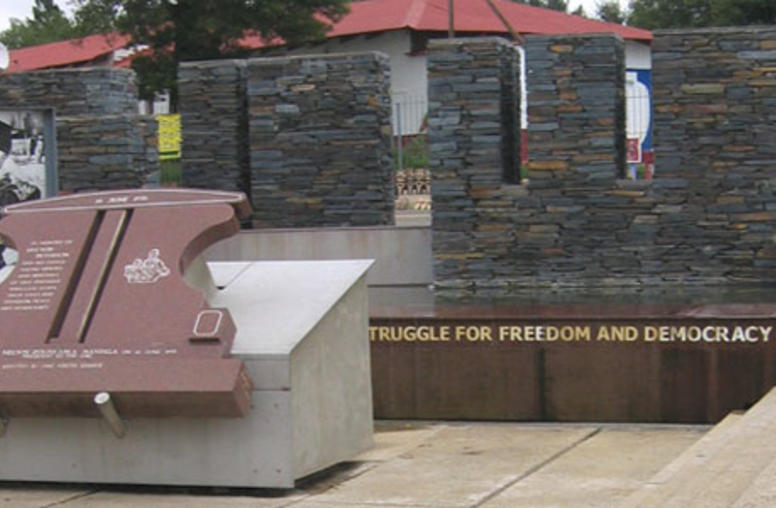
Mandela Legacy Extends Beyond Deeds
The legacy of a man is as much in the people he inspires as what he does.
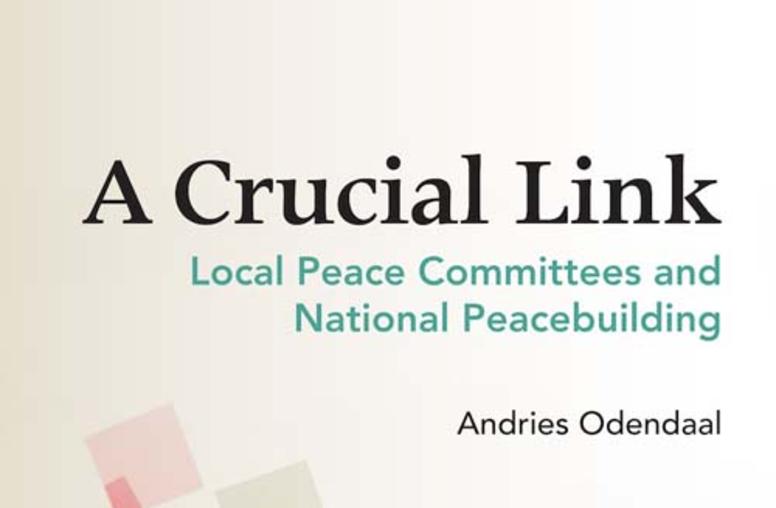
A Crucial Link
In places as diverse as South Africa, Northern Ireland, and Nepal, negotiators of national peace plans have for years sanctioned the creation of local peace committees (LPCs) to address community-level sources of grievance and thereby to build peace from the bottom up. In A Crucial Link: Local Peace Committees and National Peacebuilding, longtime practitioner Andries Odendaal engages in the first comparative study of LPCs and asks whether and where the committees have succeeded.
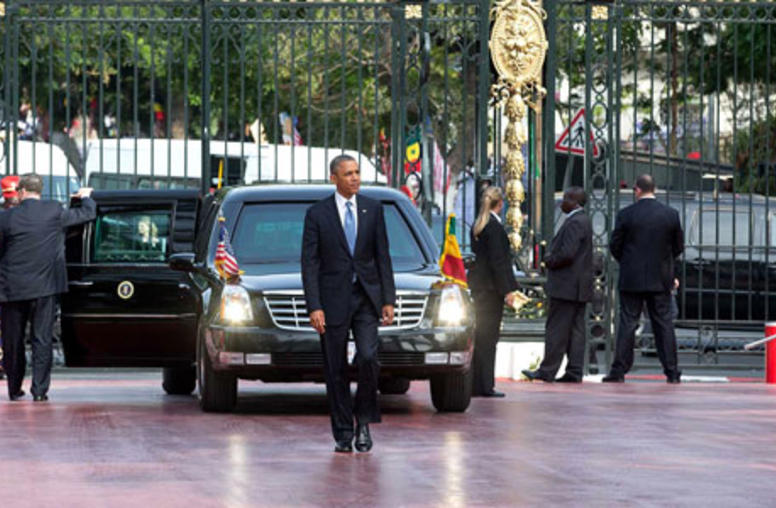
Obama’s Africa Trip Seizes on Progress to Trumpet Economic Potential
President Barack Obama’s first extended trip to Africa will seize on democratic and economic progress in the three countries on his itinerary – Senegal, South Africa and Tanzania – to inspire further advances across the continent and encourage more American companies to plunge in.
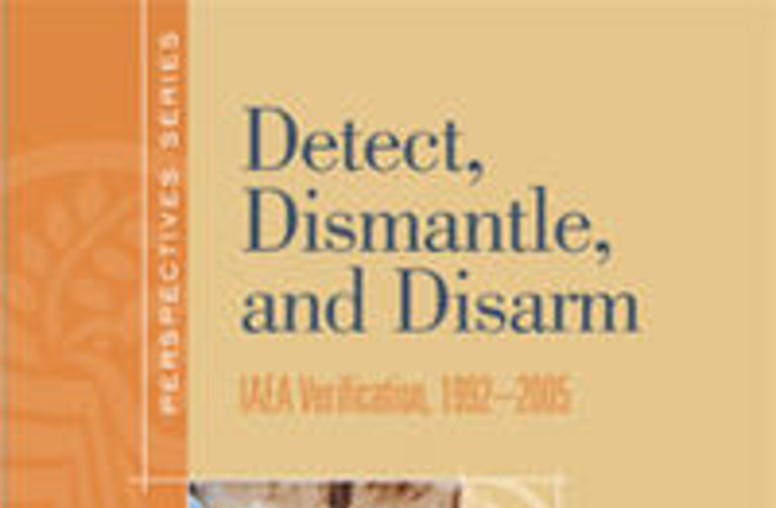
Detect, Dismantle, and Disarm
In Detect, Dismantle, and Disarm, the first nontechnical book on the IAEA’s role in verification, Christine Wing and Fiona Simpson examine the IAEA's experience in four cases and capture the elements of the verification process most useful for the design of future missions. Operations in Iraq, the Democratic People's Republic of Korea, South Africa, and Libya demonstrate how organizational, historical, political, and technical forces shape states’ compliance. Each chapter includes the history...
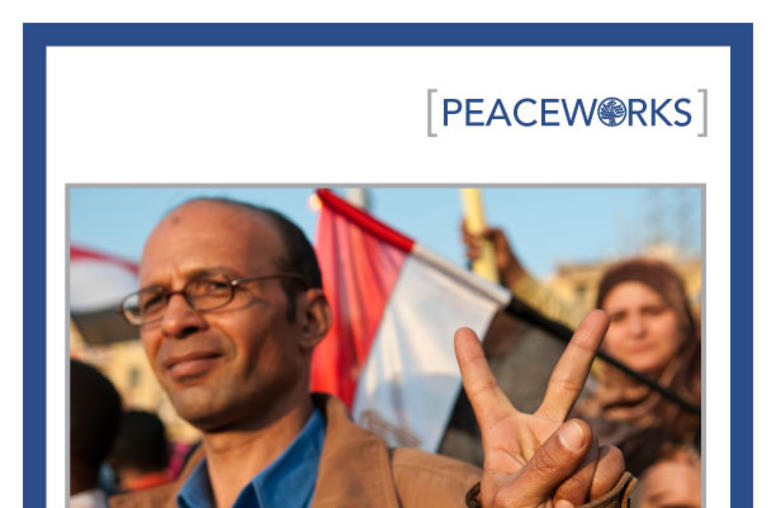
Democratic Breakthroughs: The Ingredients of Successful Revolts
Although each revolution is different, each successful case of democratic breakthrough shares common domestic and international influences. This report examines 11 cases of past successes at removing autocratic regimes and establishing elections. It then applies its findings to the emerging revolutions of the Arab Spring.
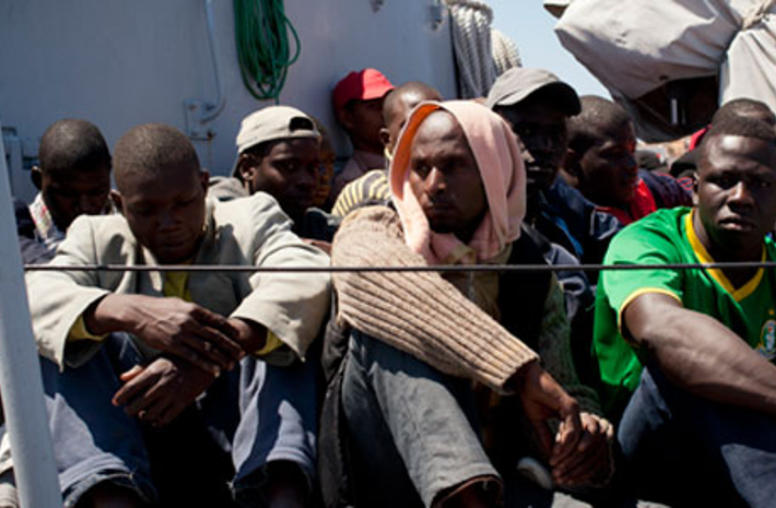
Truth Commission Digital Collection
The United States Institute of Peace’s Truth Commissions Digital Collection is part of the Margarita S. Studemeister Digital Library in International Conflict Management. The collection contains profiles of truth commissions and substantive bodies of inquiry from nations worldwide - offering general background information on the composition of each body, links to the official legislative texts establishing such commissions, and each commission's final reports and findings.
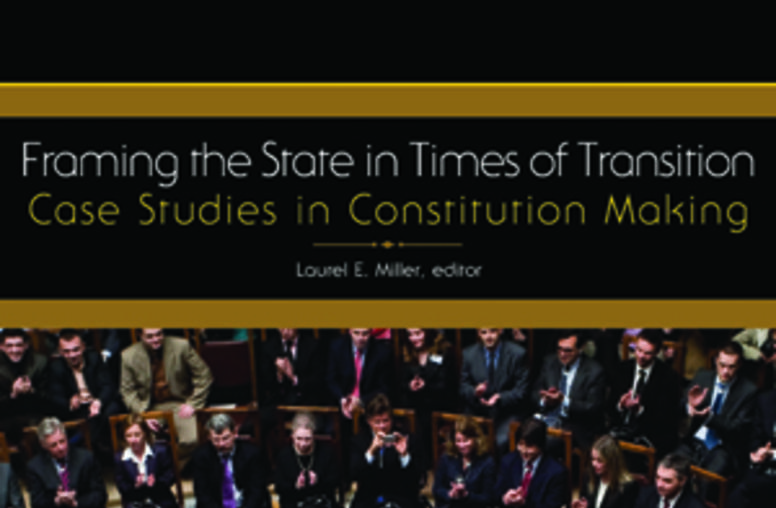
Framing the State in Times of Transition
Analyzing nineteen cases, Framing the State in Times of Transition offers the first in-depth, practical perspective on the implications of constitution-making procedure, and explores emerging international legal norms.